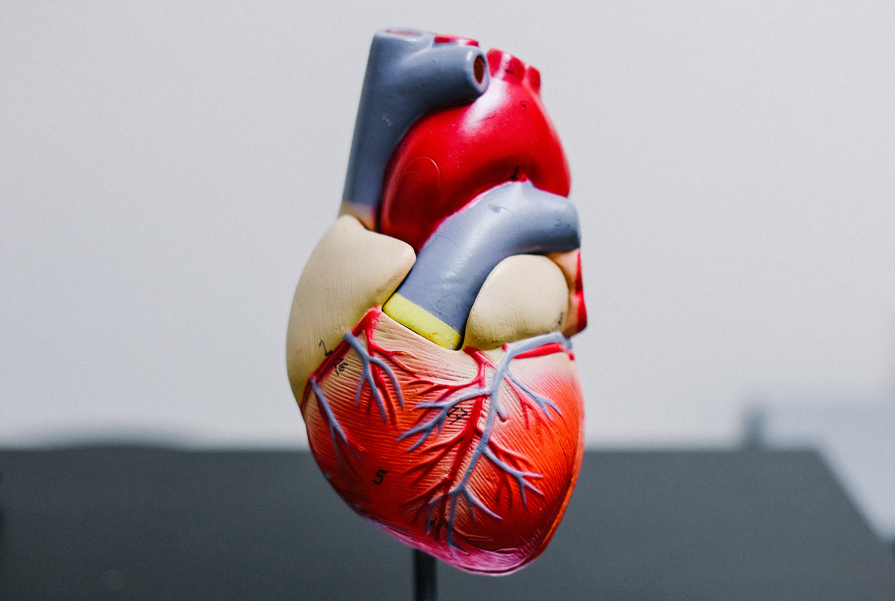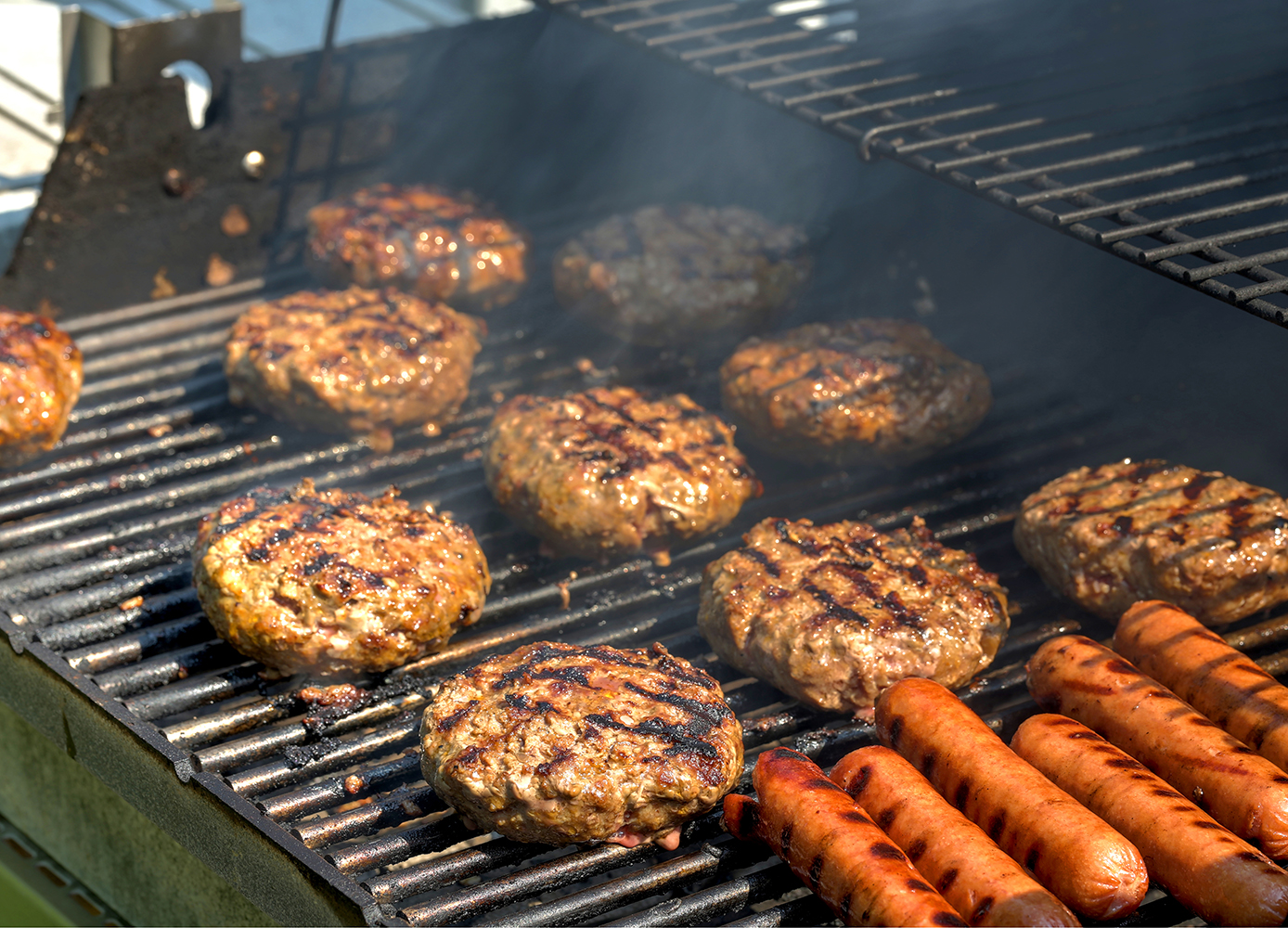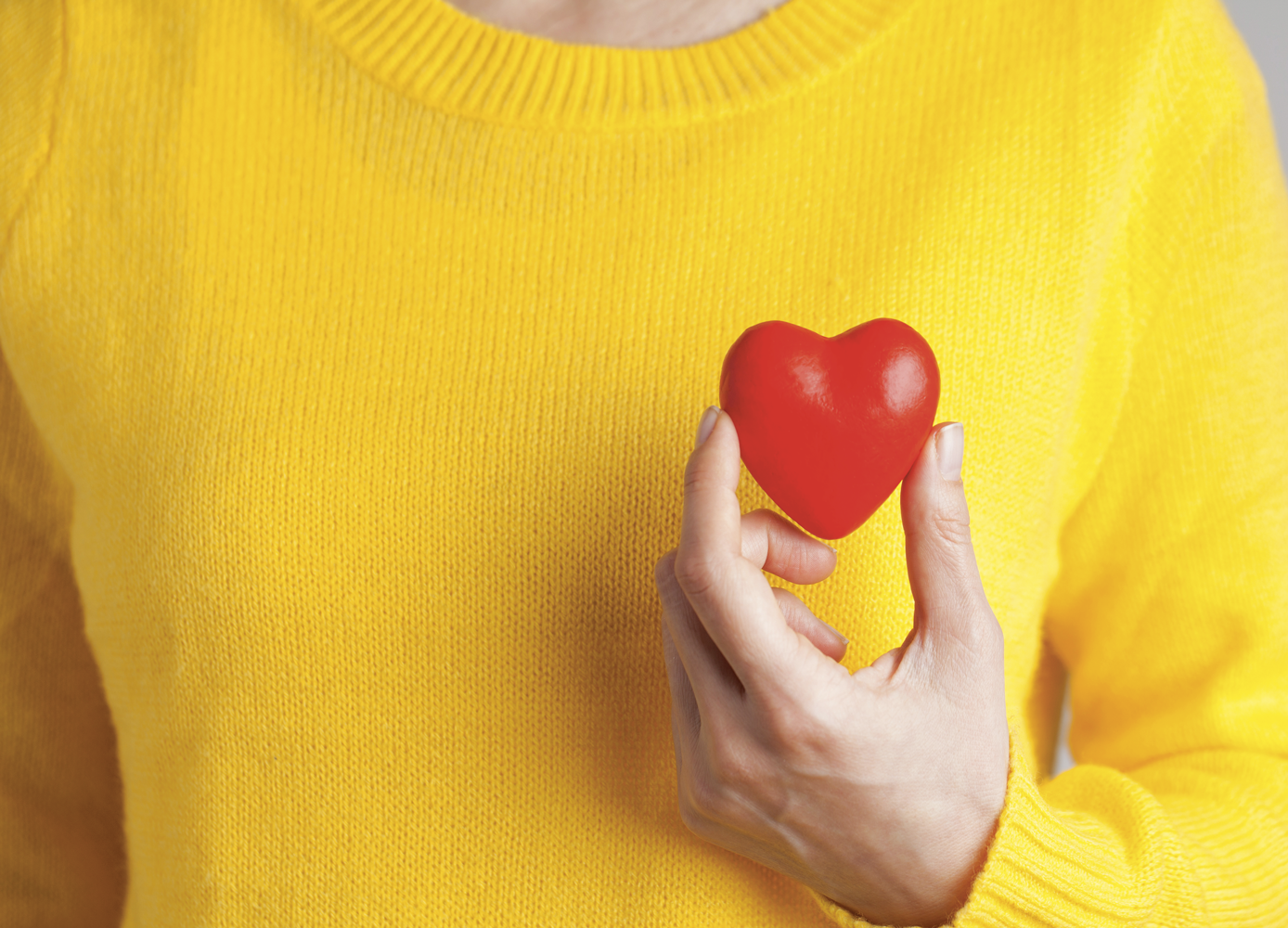New research links eating more vegetables such as cabbage and broccoli with less blood-vessel disease in older women
By Wendy Haaf
For older women, eating a daily serving of cabbage or one of its cousins could keep the cardiologist away.
Using data on 638 women who’d filled out food-frequency questionnaires as part of a study on calcium intake and fractures, Australian researchers looked for a relationship between the consumption of cruciferous vegetables (such as broccoli, Brussels sprouts, kale, and cabbage) and calcium deposits in the abdominal stretch of the aorta, the body’s largest artery. Extensive deposits of calcium in the aorta is a condition that strongly predicts future heart attack.
Women with the highest intakes of these plant foods—more than 45 grams, or the equivalent of ¼ cup of steamed broccoli or ½ cup of raw cabbage—had a 46% lower incidence of advanced calcification of the abdominal aortic artery than did women who consumed 15 grams or less a day. The study’s findings were published in the British Journal of Nutrition.
“In our previous studies, we identified those with a higher intake of these vegetables had a reduced risk of having a clinical cardiovascular disease event, such as a heart attack or stroke, but we weren’t sure why,” lead researcher Dr. Lauren Blekkenhorst said in a release. “Our findings from this new study provides insight into the potential mechanisms involved.”
“We have now found that older women consuming higher amounts of cruciferous vegetables every day have lower odds of having extensive calcification on their aorta,” she said. “One particular constituent found abundantly in cruciferous vegetables is vitamin K, which may be involved in inhibiting the calcification process that occurs in our blood vessels.”
Photo: iStock/ThitareeSarmkasat.






